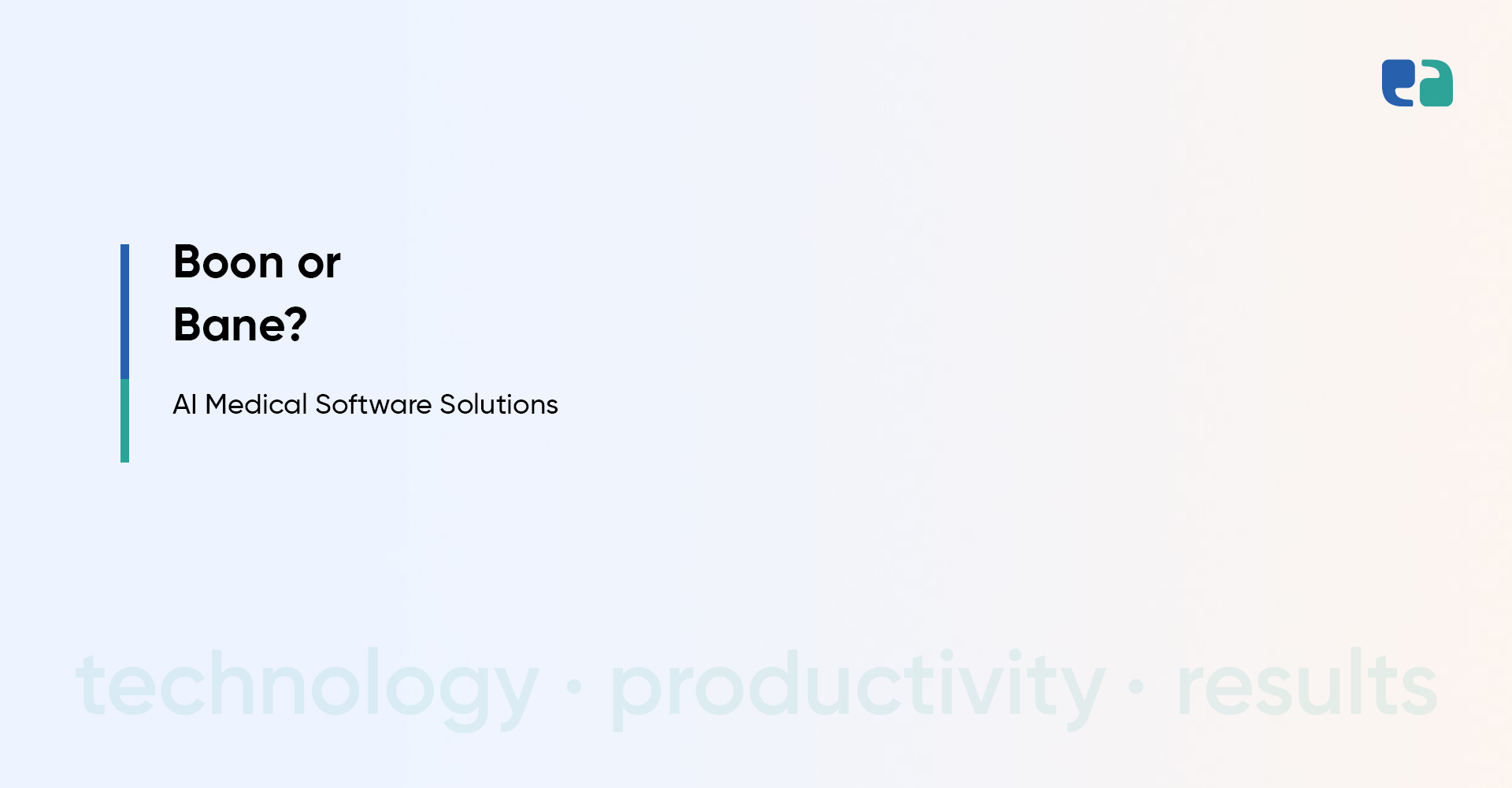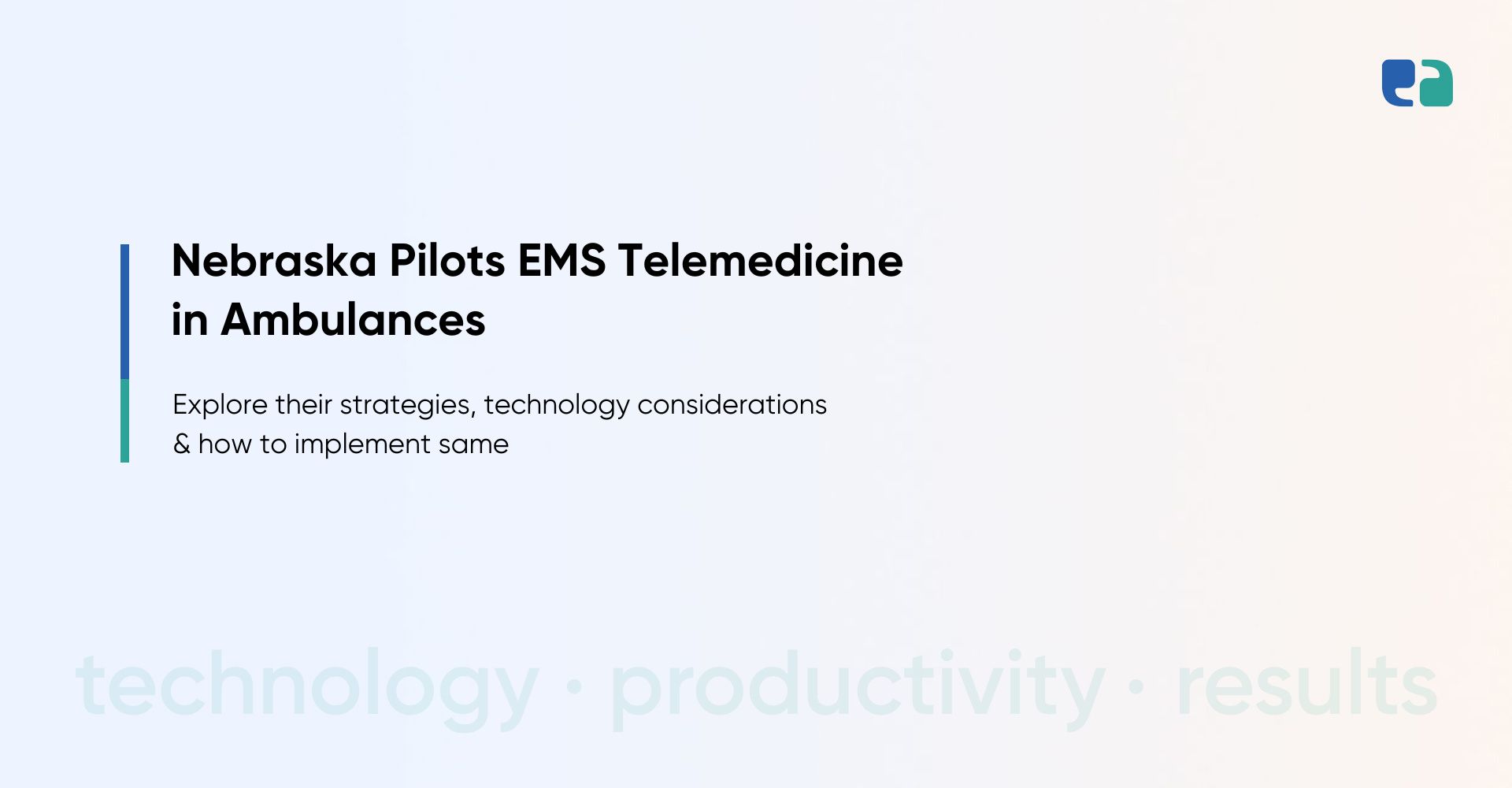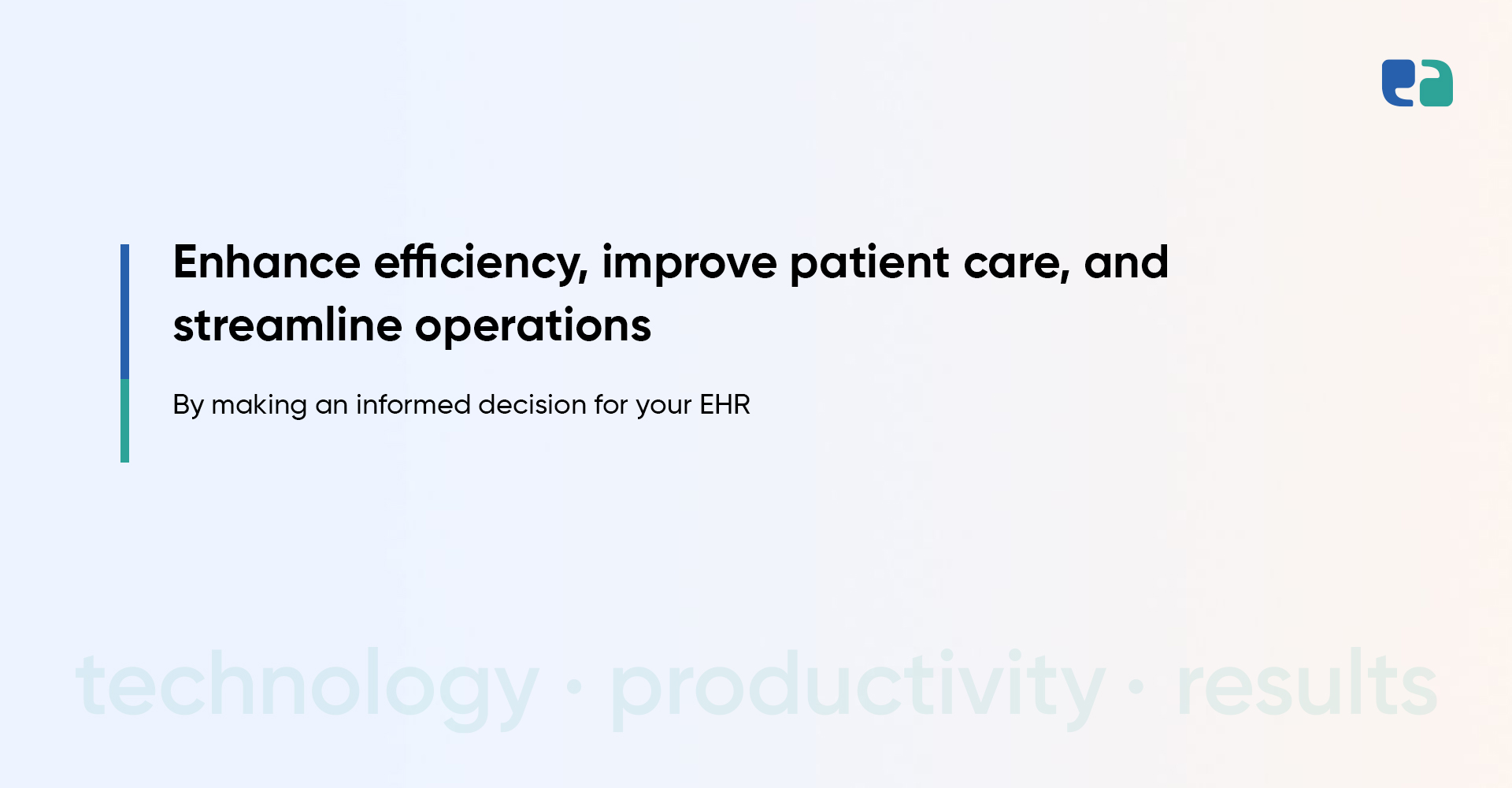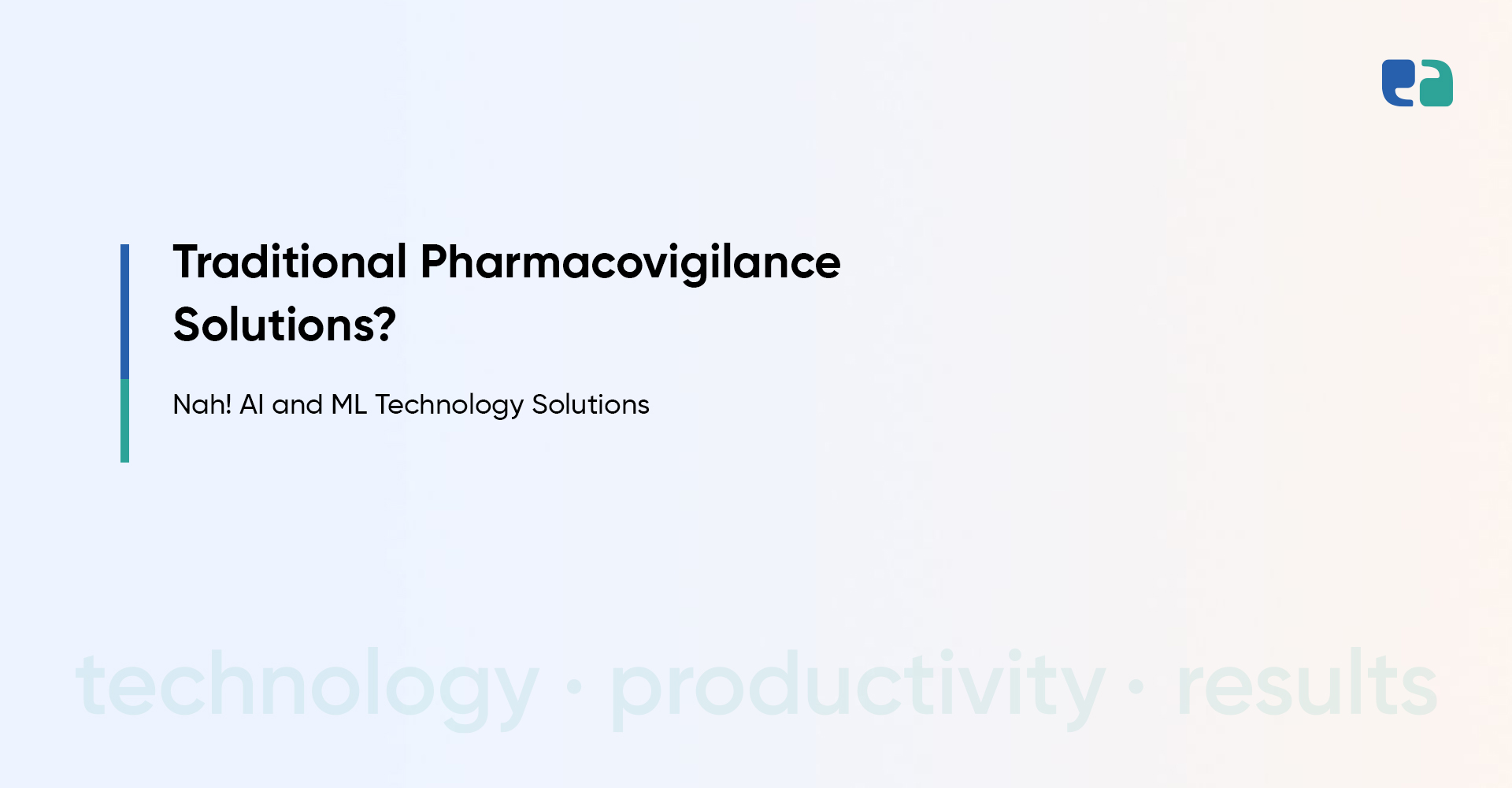The integration of artificial intelligence (AI) is revolutionizing the way medical care is delivered and received.
AI is making significant strides in HealthTech, empowering healthcare professionals with
- Improved diagnostics
- Streamlined operations
- Personalized treatments
- Enhanced patient experiences
Let us explore the various ways AI is transforming the future of healthcare.
The Surge in the Adoption of AI Medical Software in Healthcare
Software solutions have become an integral part of the healthcare delivery system.
Only 20% were interested in integrating AI into their business in 2017.
But today, in 2024, the rate has doubled and is about 50%.
According to a report by McKinsey, the AI adoption rate reached an impressive 58% in 2019.
This upward trend showcases the increased recognition and integration of AI as a valuable tool in various industries.
As the pace of the healthcare industry is slow compared to others, it indicates that organizations may have reached their saturation level in AI implementation projects.
The healthcare industry is still lagging behind other sectors when it concerns getting benefits of ai.
The primary domains of AI-based technologies with the implementation percentage of business representatives are showcased here.
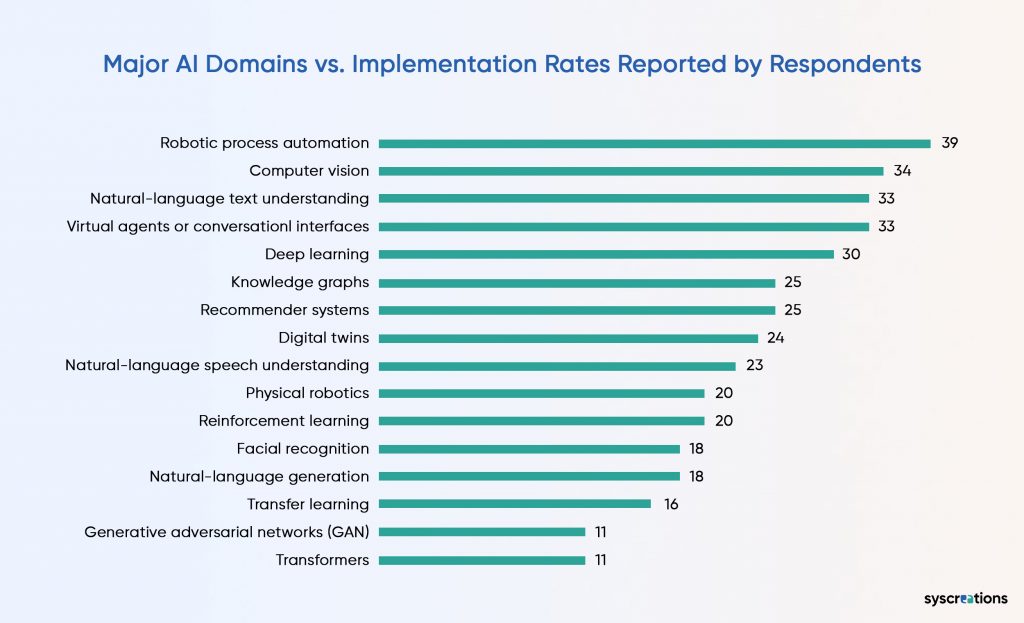
AI is transforming operations in every industry.
With the benefits of AI in healthcare, several opportunities have come to light.
Growth Opportunities with the Use of AI Software for Healthcare
Which AI Medical Software Is Popular among Healthcare Providers?
Several cognitive computing software solutions have gained popularity among healthcare providers due to their effectiveness in leveraging AI technology for various healthcare applications.
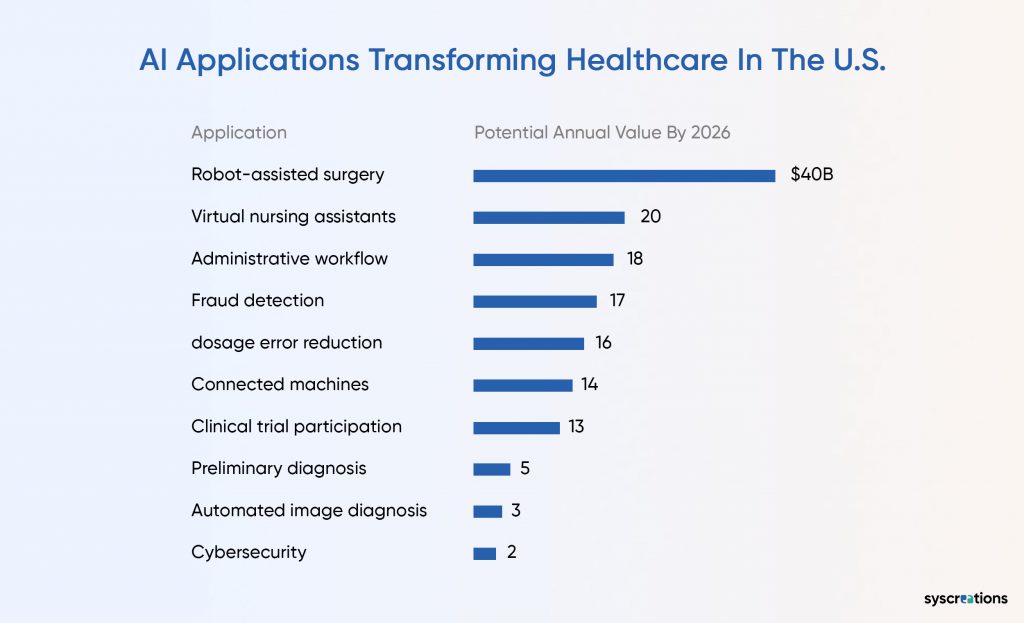
The Benefits of AI in Healthcare Software for Clinical Workflows and Office Practices
AI has the potential to revolutionize healthcare by enhancing clinical workflows and improving medical office practices.
Which Domains are Impacted by the Use of AI in Healthcare?

We are the ‘Jack of All Trades’ for Healthcare Software Solutions
If you want to improve your systems with the integration of AI in them, we would be happy to assist you with our years of healthcare-dedicated expertise.
We’ve worked with small and independent clinics to multispecialty hospital organizations so, you can be stress-free about the services of our team.
Our team has everyone you may need to meet the requirements of your organization, be it compliance, tech, or business.
